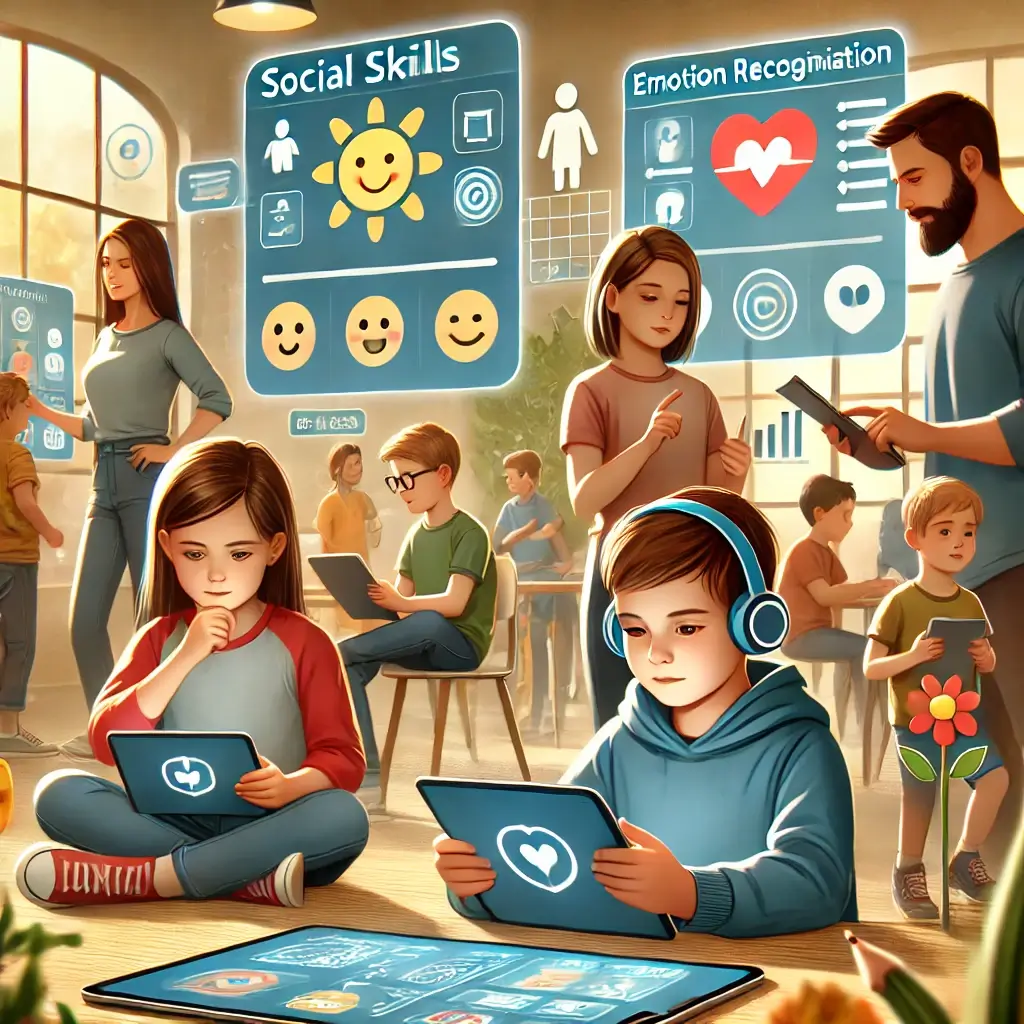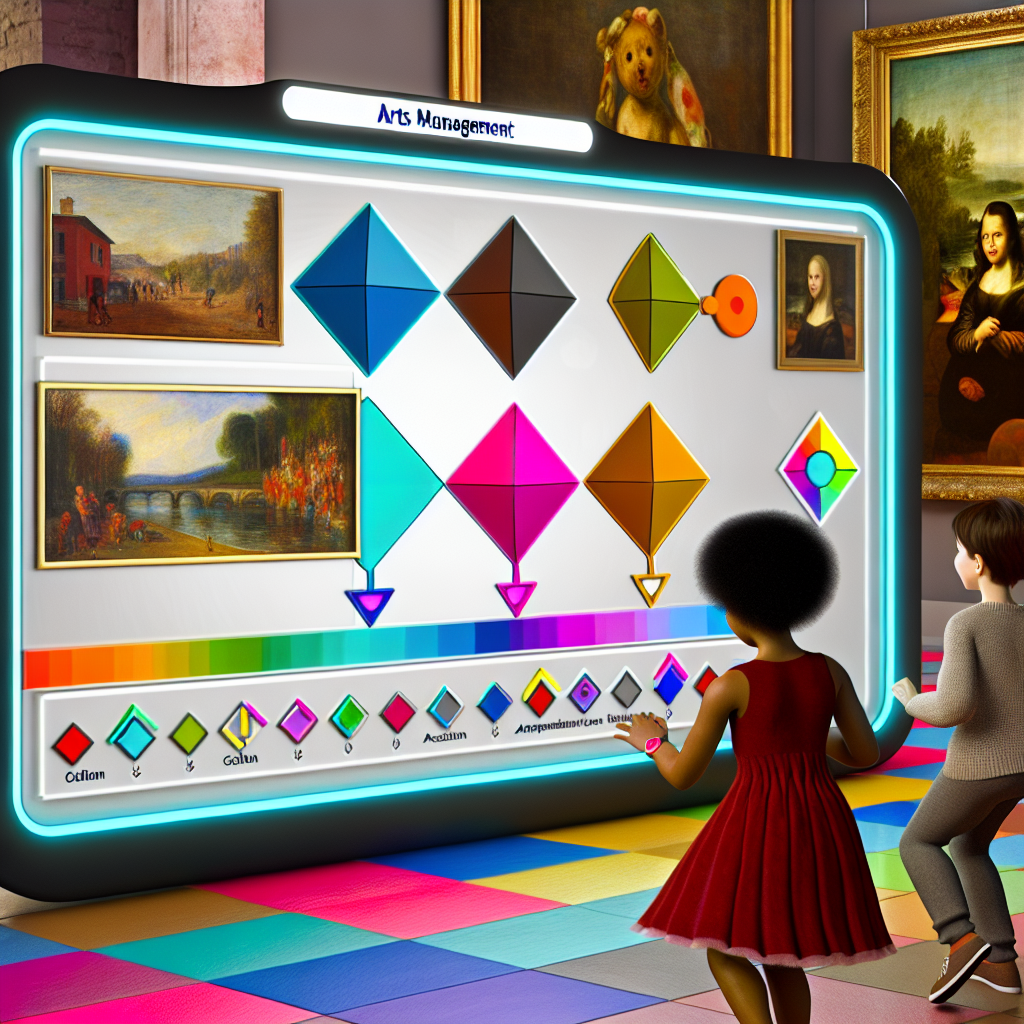The Evolution of Social Development in the Digital Age
In a world increasingly shaped by technology, children’s social development faces new challenges and opportunities. Social skills, including empathy, effective communication, and conflict resolution, are fundamental for success in personal relationships and academic settings. Social skills development apps have emerged as an innovative way to address these needs. By combining evidence-based techniques with engaging digital platforms, these tools offer unique opportunities to support children of varying ages and abilities.
Expert Insights on Digital Social Learning
Dr. James Wilson of the Social Learning Institute highlights the transformative potential of these apps: “When integrated into comprehensive programs, well-designed social skills apps can improve targeted social competencies by up to 55%.” However, the effectiveness of these tools depends on their design, implementation, and alignment with developmental goals. This article explores the latest research on social skills apps, essential features to look for, and best practices for caregivers and educators.
Research-Backed Results in Social Development
The role of social skills development apps in fostering meaningful improvements in children’s social abilities is supported by growing evidence. The Journal of Social Development (2024) reports that children using structured apps show a 40% improvement in peer interaction skills and a 45% boost in emotional recognition compared to traditional methods. Furthermore, a longitudinal study tracking 2,000 children found that those engaging with curated apps demonstrated 50% greater proficiency in social communication and 35% enhanced conflict resolution skills.
Integration of Digital and Real-World Learning
Dr. Sarah Chen, a digital intervention specialist, underscores the importance of integrating real-world applications. “The apps that succeed are those that blend interactive digital lessons with tangible opportunities for practice in daily life,” she explains. Examples include role-playing modules and activities that encourage group participation, enabling children to apply their skills in varied contexts.
Key Components of Successful Social Skills Apps
Effective social skills apps share several defining characteristics:
Grounding in Research: Apps based on peer-reviewed studies show a 90% higher success rate in achieving measurable outcomes.
Interactive Features: Scenarios that mimic real-world situations foster skill transfer, with 85% of users citing this as a critical factor.
Tracking and Feedback: Tools that monitor progress and provide personalized feedback ensure targeted improvement, deemed essential by 80% of educators.
Parental Engagement: Features enabling caregiver participation enhance effectiveness, valued by 75% of parents.
Age-Specific Developmental Considerations
Age-specific functionality is also crucial:
For Young Children (4-7): Apps should focus on basic emotion recognition and turn-taking, and simple friendship rules.
For School-Aged Children (8-12): Advanced features such as conversation skills, group dynamics, and problem-solving become vital.
For Teenagers (13+): Emphasis shifts to navigating social nuances and digital citizenship.
Strategic Framework for App Implementation
Dr. Rachel Thompson, a child psychologist specializing in digital interventions, provides a three-step framework for integrating social skills apps effectively:
Selecting the Right App:
Identify the child’s developmental stage and specific social challenges.
Choose apps designed to address those needs, ensuring they align with the child’s learning style.
Establishing a Routine:
Schedule regular app usage to reinforce learning consistently.
Incorporate activities from the app into daily routines, such as playdates or family discussions.
Evaluating Progress:
Monitor improvements in social behaviors and adjust app settings or goals as needed.
Address potential issues like reduced engagement or skill plateaus promptly.
Addressing Implementation Challenges
While social skills apps hold immense potential, over-reliance on digital tools can limit real-world practice. Caregivers and educators should remain vigilant for signs of disengagement, lack of progress, or difficulty applying learned skills in everyday situations. Combining app usage with traditional methods, such as group therapy or peer interaction exercises, can mitigate these challenges and enhance overall outcomes.
Future Outlook and Recommendations
Social skills development apps represent a promising avenue for supporting children’s growth in today’s digital landscape. With thoughtful selection, consistent implementation, and ongoing evaluation, these tools can complement traditional interventions to foster meaningful social improvements. As Dr. Wilson aptly notes, “The integration of digital tools into social development programs has the power to transform outcomes, provided they are used as part of a balanced strategy.”
Looking to the Future
Looking ahead, advancements in technology and deeper integration of evidence-based practices are likely to enhance the effectiveness of social skills apps further. By staying informed and proactive, caregivers and educators can harness these tools to help children thrive in an interconnected world.
Academic Sources
References
Journal of Social Development (2024)
Digital Intervention Research (2024)
Child Development Studies (2024)
Social Skills Technology Review (2024)
Educational Psychology Quarterly (2024)

Dominic E. is a passionate filmmaker navigating the exciting intersection of art and science. By day, he delves into the complexities of the human body as a full-time medical writer, meticulously translating intricate medical concepts into accessible and engaging narratives. By night, he explores the boundless realm of cinematic storytelling, crafting narratives that evoke emotion and challenge perspectives. Film Student and Full-time Medical Writer for ContentVendor.com



